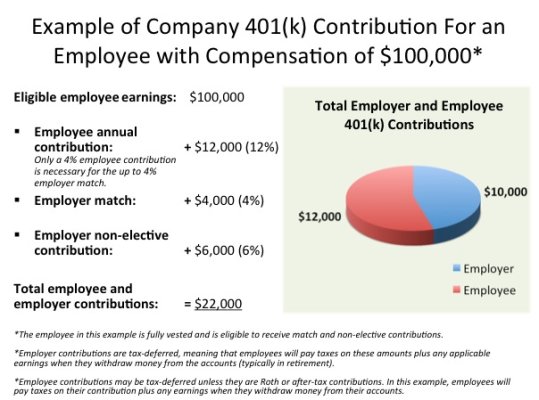gauss
Thinks s/he gets paid by the post
- Joined
- Aug 17, 2011
- Messages
- 3,615
Maybe Hiltonsmith (economist mutual fund researcher) ... ("my retirement plan is 'fingers crossed and pray basically' "). I mean, really? You are literally writing a dissertation on this stuff and that is all you have figured out?
In the first 5 minutes of the show when they showed the young economist, I think it was Hiltonsmith, saying basically he had no plan for retirement, I thought to myself, "What the heck type of economist is that?" FWIW you can always save after-tax if you don't like the fees/terms of 401(k)s.
-gauss


